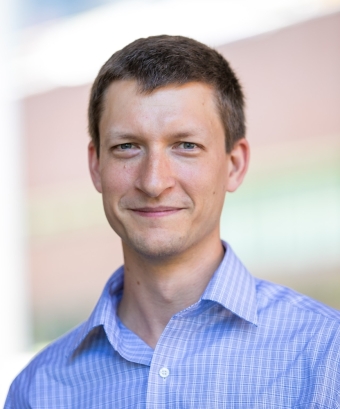
Date:
Location:
Title:
Abstract
Understanding realistic complex materials and interfaces in batteries and catalysts requires a challenging combination of the high accuracy of first-principles quantum mechanical simulations with the ability to reach large size and time scales. We pursue a multi-tier method development strategy in which machine learning (ML) algorithms are combined with exact physical symmetries and constraints to significantly accelerate computations of electronic structure and atomistic dynamics. First, we introduce non-local charge density descriptors that satisfy exact scaling constraints in order to learn exchange density functionals that are orders of magnitude faster than hybrid functionals. Second, we accelerate molecular dynamics using machine learning regression of potential energy surfaces obtained from quantum calculations. We developed NequIP and Allegro, the first deep equivariant neural net interatomic potential models, whose symmetry-preserving layer architecture achieves state-of-the-art data efficiency and accuracy for simulating dynamics molecules, liquids, and ionic conductors. To enable autonomous active learning of reactive systems, we developed the FLARE algorithm that constructs accurate and uncertainty-aware Bayesian force fields on-the-fly from a molecular dynamics simulation, using Gaussian process regression. We demonstrate the performance of ML-accelerated simulations for phase transformations, surface and nanoparticle reconstruction, and direct heterogeneous reactions, going up to billions of atoms and microsecond time scales at near-quantum accuracy.
Bio
Boris Kozinsky is the Thomas D. Cabot Associate Professor of Computational Materials Science at the Harvard School of Engineering and Applied Sciences. He studied at MIT for his B.S. degrees in Physics, Mathematics, and Electrical Engineering and Computer Science, and received his PhD degree in Physics also from MIT. He then established and led the atomistic computational materials design team at Bosch Research. In 2018 he started working at Harvard, where his group develops and uses electronic structure, molecular dynamics and machine learning methods for understanding ionic, electronic and thermal transport, phase transformations and heterogeneous reactive phenomena in materials for energy storage and conversion.
Hosted by Chris G. Van de Walle. Download event flyer



